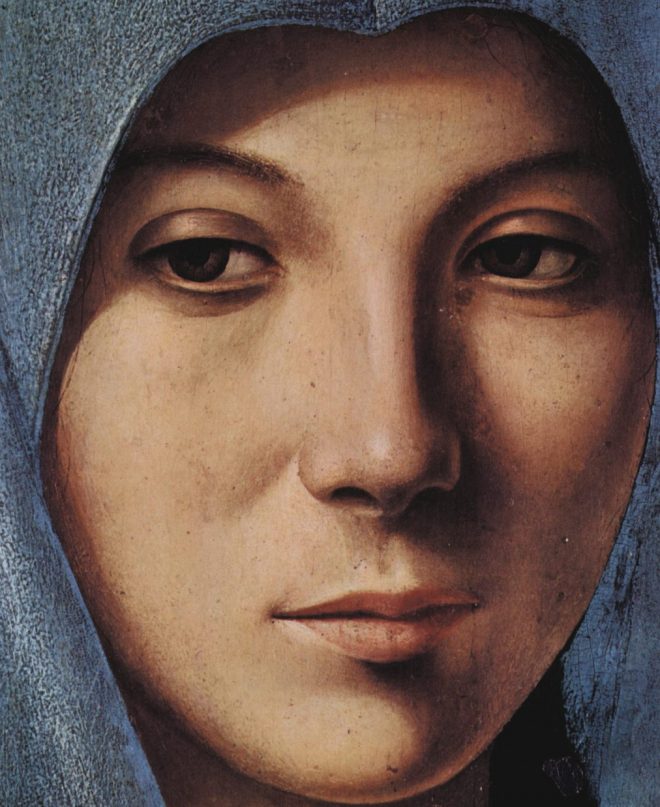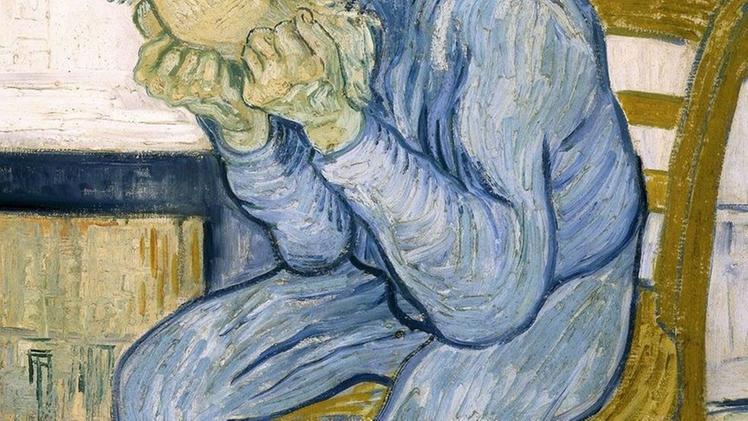The origins of a family counseling method spread worldwide
Daniel Arasa.
Rafael Pich, pasión por la familia. La orientación familiar, un
sueño hecho realidad
(“Rafael Pich, Passion for the Family. Family Counseling, A Dream Comes
True”), Styria, Barcelona 2010.
Daniel Arasa, a journalist and journalism professor at Pompeu Fabra and
at Abat Oliva, Universities of Barcelona, traces the history of Family
Counseling. He bases his research on the studies of Rafael
Pich-Aguilera, recently deceased in 2008. Pich was a promoter of an
educational approach aimed at the formation of parents for the
improvement of their children, a method born on the small-scale in 1968
in Barcelona which is currently used in over 50 countries on five
continents.
Family Counseling had a simple start: a group of parents raised the
need for “something” to improve the education of their children and
their own family life. Without fanfare, they began meeting and
developing the system. First it spread in Catalonia and Spain, and then
it quickly diffused in many other countries.
The original approach of this formula for teaching family counseling is
the “case method”, used specially in business schools, but these
pioneers have applied it to family education. Objectives were set to be
“better people, better spouses, better parents.”
Many people participated in the developmental process of Family
Counseling, but Rafael Pich-Aguilera emerged as the leader who
spearheaded the international expansion. He was an optimistic person,
father of 16 children, with an immense capacity for work and a spirit
of service. Arasa states in the book that he was a “magnificent figure,
multifaceted and unfathomable, on a global dimension.”
Daniel Arasa, who has closely collaborated with Rafael Pich in the
promotion of family counseling, is a journalist, a journalism
professor, and the president of the organization Grup d’Entitats Catalanes de la Familia.














